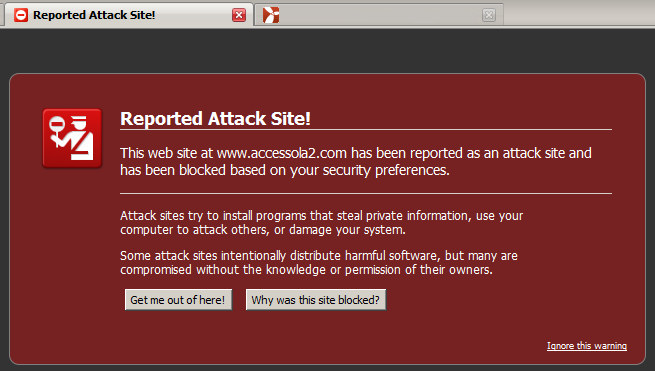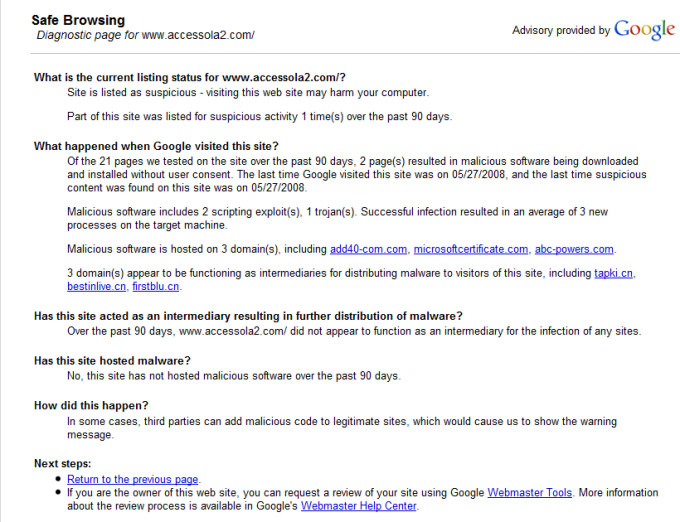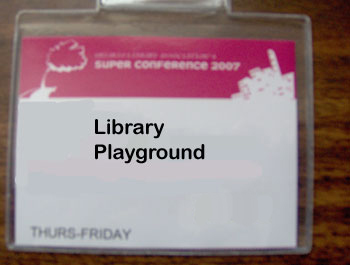Marge: Homer, it’s very easy to criticize…
Homer: and fun, too!
The idea of writing this post has been percolating for some time but a recent post by Meredith from Information Wants To Be Free has given me a push to put my thoughts to virtual pen. In her post she comments about how one of the tenets of the Library 2.0 movement is the effort to end the “but we’ve always done it this way” attitude. She goes on to describe that while this idea is beginning to take root in the libraries we work in (though that’s a post for another day), it’s not always the same story with the associations we belong to and represent us.
I can only speak about the organizations I am or have been a member of, but each of them vary in how much of a push they have made to use emerging technologies to communicate with and involve their members.
As a caveat I will say I didn’t bother looking for any presence of these organizations on MySpace. For one thing, I despise any web site that starts playing music when I visit it (let me decide if I need to be blasted with the new Avril Lavigne single), but the garish designs, clunky photo slide shows and endless posts of, “thanks for the add” remind me of the millions of wack looking Geocities sites created in the mid-to-late nineties. As the creator of a garish Toronto Raptors tribute page back then I’m as guilty as anyone. I find that services like Ning (see the Library 2.0 network) to be more promising.
CLA
Since they offered a cheap membership rate to students I became a member a few years ago. When it comes to print publications, I find that most editions of Feliciter have several articles of interest to me.
In terms of electronic communication, they do send out an e-mail newsletter every week or so, but from a design point of view it is in a font that is not easy to read on a computer screen and the spacing and layout scream, “I was designed for print and simply cut and pasted in to an electronic format.” (UPDATE April 20: Wow, a week later I get my first edition of a redesigned, graphic-rich version of the newsletter. I won’t assume my critique had anything to do with this…)
There is a CLA presence on Facebook. There are over 100 members there now with some ongoing discussions and Wall posts. Counter this with the state of the discussion boards found in the members only section of the CLA web site. There are a couple un-responded to posts but it is mostly a ghost town. This leads me to be even more convinced that well designed social networking tools like Facebook provide a forum for casual and serious interaction and the top-down control, silo-like structures that have been the method of choice for organizations like the CLA need some loosening up.
The only blog I have seen associated with the CLA is Re:Generations, which is dedicated to new academic librarians and those who want to “re-energize” academic librarianship. I guess I should not be surprised that it is the new and forward-looking members of the CLA who pushed to get this blog up, though the fact that it is the only one proves that some organisations embrace change at a more glacial pace.
One thing I notice on the CLA Facebook page and other library focused ones is that the pictures of the members seem to indicate that the participants seem to run counter to the overall demographic makeup of the profession. The 8Rs Canadian Library Human Resource Study found that nearly half are currently 50 years of age and older. It’s not surprising that the younger members of the profession would be quicker adopters of new technology but I hope it is also a sign that the voices of this portion of the library community is having its voice heard in their workplaces.
I’m not sure I will continue as a member of the CLA in the future. As a Library Technician a lot of their focus is not on issues that effect my day-in day-out work but I do like supporting a national voice for the profession.
OLA
I also joined the OLA when I was a student. Their magazine is heavily weighted towards public and school libraries so there are not many articles I find of interest in it. On the other hand there are several blogs (from OLA and their divisions) that make it easier for me to feel in the loop: OLA Headline Stories, InsideOCULA and InsideOLITA.
While their various discussion groups are not exactly hives of activity, I think the OLA and its various divisions are providing quality access points for those not on any official committees to sense they are still part of a vibrant organization. The activity on the OLA Facebook page is also very similar in level of activity to the CLA one.
OALT
The OALT is the organization that brings together my hard-working Library Technician brothers and sisters (well, since the 8Rs study found that 9 out of 10 paraprofessionals are women I’ll say mostly sisters).
I was a member for a short time while in school but I did not feel a strong incentive to renew. Unlike the CLA or OLA, the OALT does not have a prominent role as advocates for library issues in the broader society. Given the organisations smaller size and lack of prominence when it comes to much of the public’s discourse on library issues (want to confuse someone on the street, ask them what a library technician is) I don’t think it would be a good use of the organisations resources anyway.
I think that at its best the OALT functions as a central hub and meeting place (physically and virtually) for library technicians to discuss the issues they face in the workplace, share knowledge about various technologies and create a greater sense of camaraderie and community.
Even without being an official member I am able to be part of the OALT discussion group. This is a fairly active group with over 200 members. There have been questions from new graduates about how to land jobs, and a variety of other discussion topics. There is also a Library Technicians in Canada Facebook group created by OALT members. Again this looks like an ideal method for creating a broader community for those of us in the profession.
I find it unfortunate that there has not yet been a blog created by the OALT. Their current official method of disseminating information is a standard print newsletter with various news about the OALT and the profession. Like any volunteer organization finding staff to write, compile, publish, etc. is a tall order. Maybe asking one or two people to take all of this work on is not the best approach. Perhaps a blog where the ability to write postings is open to the broader membership is a better approach in terms of getting out information in a timely way. In 2007 I question the overall value of a publication arriving 3 times a year with some of the information fairly stale by the time it arrives on the doorstep.
Conclusion
In the day-to-day grind of our jobs, the machinations of our various library associations may not see to be a big deal but it’s important to recognize the work done by those in our profession who put in the time and effort to better support libraries, their users and their workers. But as technology transforms our libraries and shift our user’s expectations we should ensure that the organisations we join and speak for us also evaluate their structures and methods so they can take advantage of the amazing tools becoming available.


